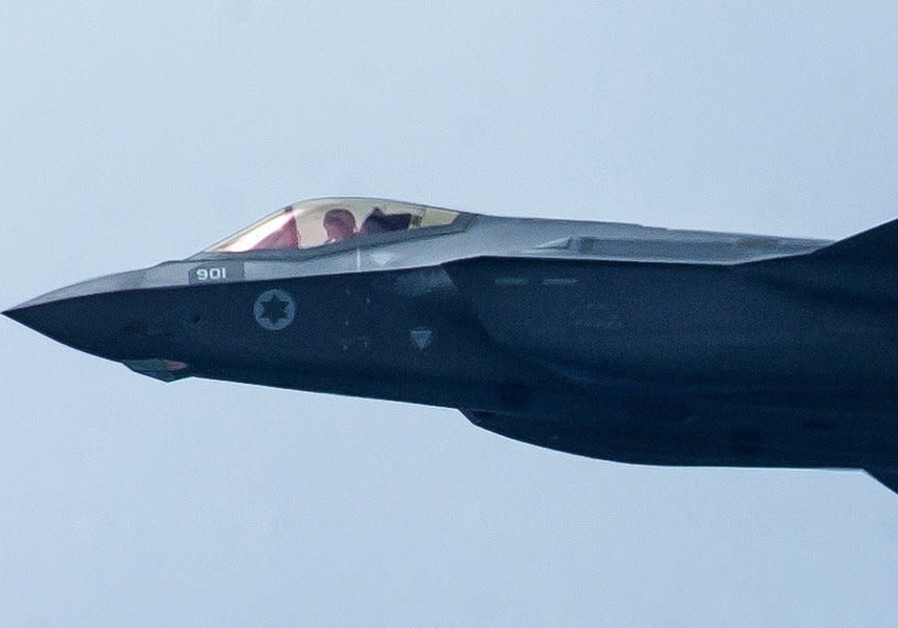Quantum apocalypse? – Super computer arms race will remake the world
if(window.location.pathname.indexOf(“656089”) != -1){console.log(“hedva connatix”);document.getElementsByClassName(“divConnatix”)[0].style.display =”none”;}
 THE CLASSIQ team of cofounders (left to right): Dr. Yehuda Naveh, CTO; Nir Minerbi, CEO; and Amir Naveh, VP of R&D. (Classiq)
THE CLASSIQ team of cofounders (left to right): Dr. Yehuda Naveh, CTO; Nir Minerbi, CEO; and Amir Naveh, VP of R&D. (Classiq) THE IDF F-35 ‘Adir’ fighter plane. Could Chinese quantum radar render such stealth aircraft vulnerable? (Moshe Shai/Flash90)
THE IDF F-35 ‘Adir’ fighter plane. Could Chinese quantum radar render such stealth aircraft vulnerable? (Moshe Shai/Flash90)




Comments are closed.